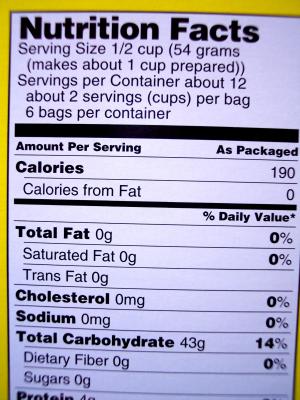By its very definition, gastric bypass surgery alters how the stomach can handle food which means that you can consume less calories over time. After first having surgery, you will be given a post-surgery meal plan to follow. Because the stomach is now smaller, it will take less calories for you to feel full up. However, there is still a lot of confusion surrounding the surgery and calorie intake after gastric sleeve surgery so allow us to help!

By reducing the size of your stomach, bariatric surgery looks to reduce the amount of calories you will consume before feeling full. Because the surgery is a permanent change, it needs to be a lifestyle decision to lead a healthy existence. For many years, patients have been choosing between the common options like lap-band and gastric bypass. However, there has been a new option in recent years called the ‘gastric sleeve’.
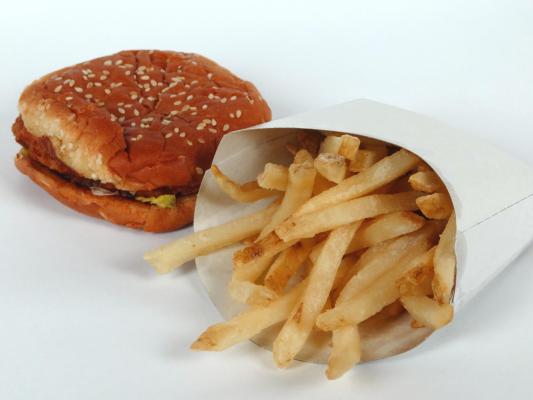
By reducing the size of the stomach and allowing for less calories, gastric bypass surgery is an efficient way of losing weight. After the surgery, key decisions need to be made regarding this new lifestyle and this includes diet and exercise. For the weight to stay off, high-protein foods are important and a balanced diet is a must. Therefore, there is a certain panic when someone suggests eating at a restaurant. Below are some suggestions of how to handle eating out when on a gastric bypass diet.
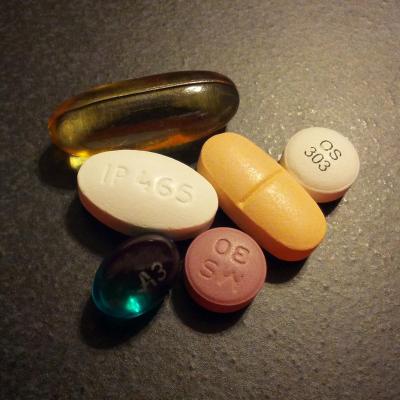
After gastric sleeve surgery you will need to get the best possible nutrition for your metabolism and health. While eating less will help you to lose weight, you will be getting less nutrients in your diet. To help make sure you have optimal nutrition, your doctor will recommend taking certain bariatric vitamins.

After gastric sleeve surgery you will be limited on what you can eat immediately after surgery. You stomach needs to heal from the procedure thus some foods will be off the table or limited for at least a few weeks to a few months. Also your stomach might now react differently than it did prior to surgery to certain foods. Below is a list of some foods that you will need to ease back into or take off the menu almost completely.
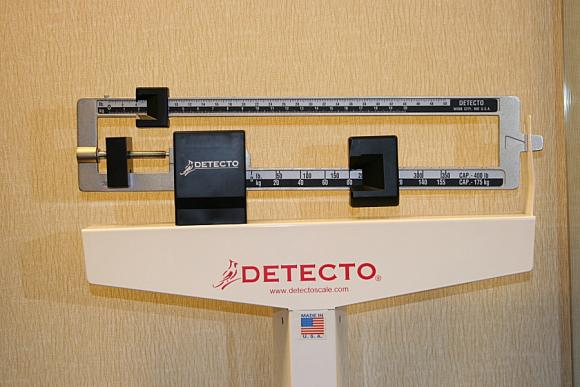
When looking into gastric sleeve surgery or maybe you have already had the procedure, the main important question that people ask relates to how much should be lost each month. In truth, there is no definitive answerto how much weight loss after the gastric sleeve and so results cannot be promised from one person to the next. Of course, your doctor will estimate weight loss as a total figure but this is dependent on a number of variables. Furthermore, you will lose more weight in month one than you will as you move closer to your target weight.

For some, it seems impossible to build muscle after gastric sleeve surgery. However, it is possible and we are going to share exactly why and how. Firstly, it is important to note that the weight you lose thanks to the surgery will normally show muscles that have been carrying the weight for many years; this is a little-known fact and one that you will see after surgery. As long as you maintain your diet, there is no reason why you can’t use light exercise to tone muscles and stay in shape.

By altering the digestive system, bariatric surgery looks to limit the intake of calories. Once a patient has had the surgery, they can typically digest less food which causes weight loss. Often, this procedure is used to save the lives of the obese and can even be used to reverse type 2 diabetes. As we all know, the weight loss coming as a result of gastric sleeve surgery will have an affect on metabolism but it can also change in other ways, thus we need to look at the connection between bariatric surgery, metabolism and weight loss.
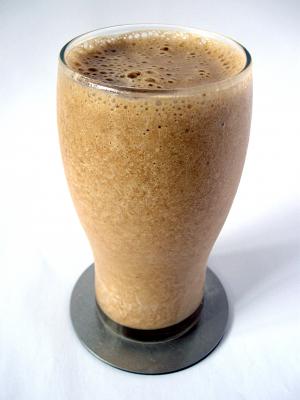
Having nothing to eat for two weeks doesn’t really sound like a great plan to many people but after bariatric surgery that is exactly what you have to do with a bariatirc liquid diet to give your stomach time to heal before you start eating real food again.
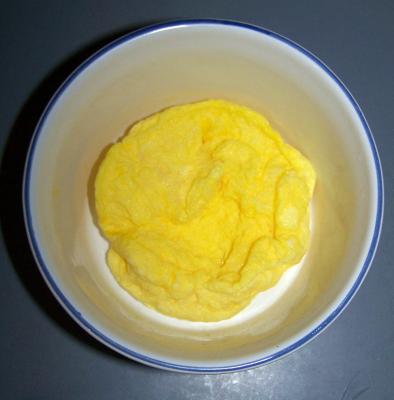
Your gastric sleeve surgery helps people shed excess pounds by limiting the amount of food that can be taken into the stomach by reducing the size of the stomach. Making sure you take in adequate amount of nutrients, especially protein, will help keep you from losing lean muscle mass during rapid weight loss.
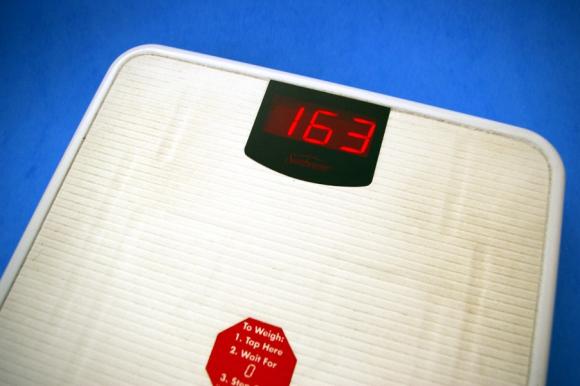
After the getting through the first two weeks after gastric sleeve surgery, your stomach has now begun starting to adjust to its new form and functions. During weeks 3 and 4 your body is starting its weight-loss transformation and coming into line with the new calorie limitations and once again having food in the diet rather than just liquids. Here are the 4 things to know about weeks 3 & 4 after bariatric surgery to ensure you stay on course with your weightloss goals.

The first week after a sleeve gastrectomy is arguably the hardest span of days that you will have on your road to recovery. In order to get through this time period successfully it important to know what is ahead of you so you aren’t surprised.

After bariatric surgery your life for the next few weeks is going to be focused on your body adjusting to your new stomach and gently working it back toward normal food. Making sure you stomach heals is the most important thing that needs to happen during this period so you should know what to expect and the guidelines that will need to be followed including following the 4 diet stages after your gastric sleeve surgery.
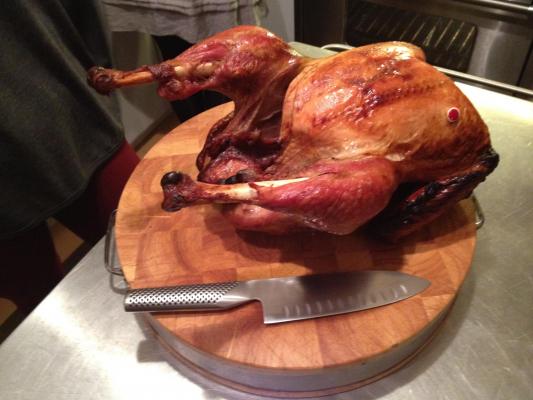
After gastric sleeve surgery one of the most difficult things to accomplish is consuming the daily recommended levels of protein into your diet. Most doctors want bariatric patients to get a minimum of 60 -80 grams of protein a day after surgery.
As your body adjust to less calories and turns to utilizing fat for energy, your body will also naturally break down some muscle tissue for energy purposes as well. The consistent, high level of bariatric protein intake will help your body maintain muscle mass and aid in repairing muscle that is broken down for energy usage.
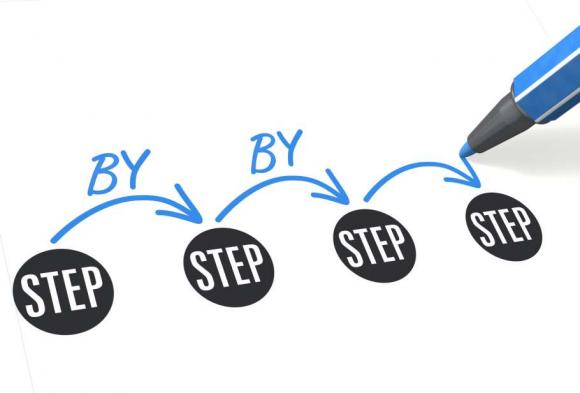
If you have had gastric sleeve surgery and have noticed a little weight climbing back on board, this five-day gastric sleeve pouch reset is a fantastic solution. Initially, gastric sleeve surgery is performed on people who are at risk of illness and disease because of their obesity.

By removing a portion of the stomach, gastric sleeve surgery aims to create a thinner area for food to be stored. As the stomach is made smaller, it doesn’t take as much food to become full and therefore it becomes easier to lose weight. In essence, the surgery has been created to help you lose weight but you still may be asked to follow a specialised gastric sleeve pre op diet beforehand.

